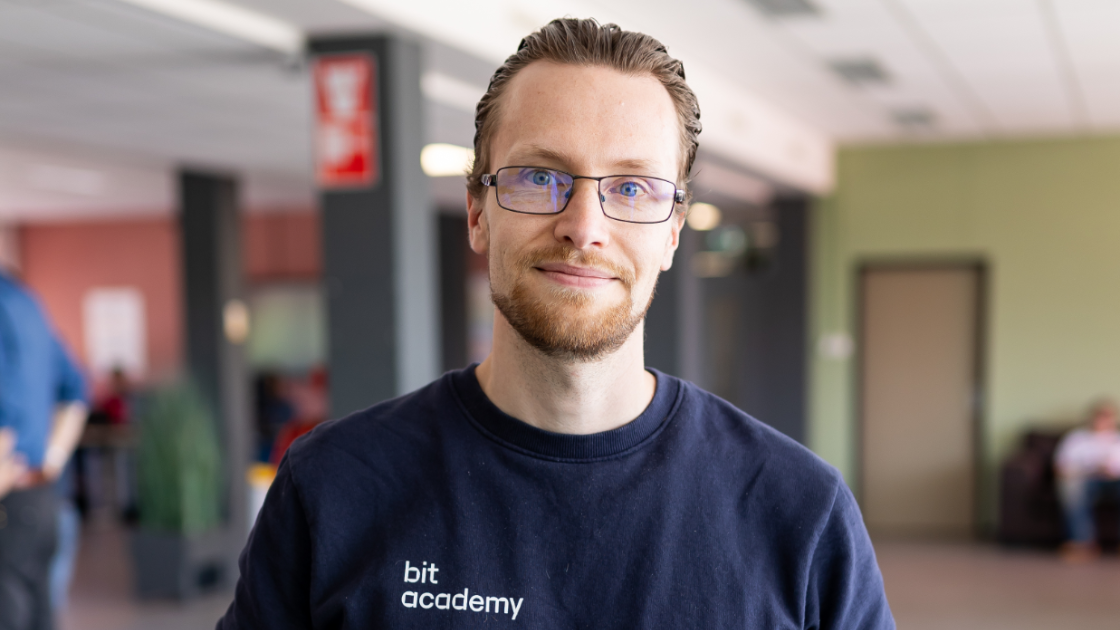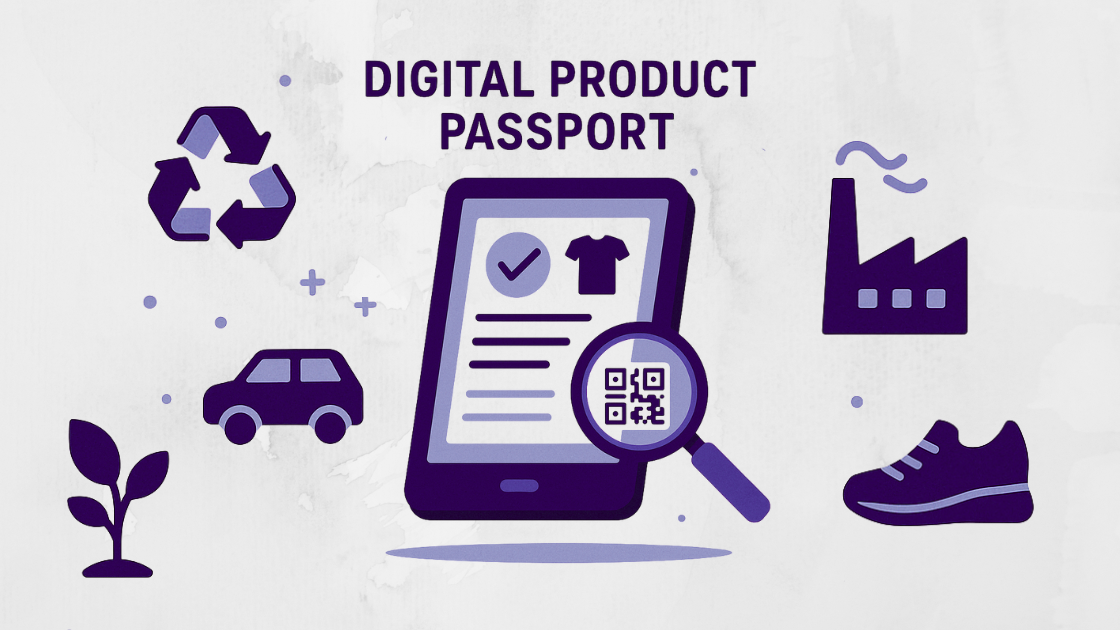Lead the Change: How GWS de Schoonmaker proves that sustainability starts with people
Behind every clean and safe space is someone doing the hard work to make it happen. In the cleaning industry, these people often go unnoticed, yet they’re essential. However, the sector faces significant challenges: high workloads, tight margins, and limited job security make it difficult to truly focus on the people behind the work. Fortunately, more companies are opting for a different approach. GWS de Schoonmaker is a strong example. Based in Rosmalen, Gaby Westelaken and his brother have spent over 40 years building a business where work satisfaction, trust, and sustainability are the top priorities. Their story proves: when you take care of people, you create a strong future.

Relationships over Price
At GWS de Schoonmaker, success isn’t about being the cheapest; it’s about building long-term relationships. “In cleaning, you usually see two types of companies: price fighters and relationship builders. We’re the latter,” Gaby says. The results speak for themselves: “Our top 20 clients have worked with us for an average of 19 years, a rare achievement in this industry.”
And it’s not just about clients. Employees also stay for many years. “If you look after your people, they’ll look after you. It’s that simple,” Gaby explains.
Sustainability Starts with Job Satisfaction
At GWS, sustainability starts with how work is designed. Rather than asking employees to work harder, they focus on helping them work smarter. “We choose a realistic work pace. So our people can do their jobs well and still enjoy their work. It has to stay doable,” says Gaby.
That’s why GWS invests in ergonomic, efficient tools, such as lightweight materials and innovative cleaning systems, that make the job easier. And it pays off: absenteeism is around 3.2%, and staff turnover is remarkably low at just 8%.
Everyone Deserves a Chance
Social impact plays a significant role at GWS. They use an open hiring approach, eliminating the need for interviews or CVs. “People can just walk in or call us. If there’s a spot, they can start straight away with a buddy,” Gaby says. “They learn the job, and together we figure out where they fit best.”
GWS also avoids the typical broken shifts in cleaning. “We offer daytime and full-time work. That’s the only way people can build a decent life,” Gaby adds.
They’ve also launched a programme to introduce students from practical education to the cleaning profession. “Many of them don’t realise what’s possible in our sector. But they’re capable of doing great work. By introducing them through internships, we hope to get them excited about a job in the cleaning industry," Gaby says. It’s a model built on inclusion, opportunity, and respect.
A Strong Culture
For Gaby, sustainable business is also about company culture. “Each project team gets time and budget to do something fun together,” he says. “Soon, our new office kitchen will be ready, and I’ll cook for all our full-timers, just to keep the bond strong.”
That open culture builds trust. “If someone has a problem at work or home, they know where to find me. That might be the most valuable thing we’ve built as a company.”
The connection between colleagues on the work floor is also strong. “If someone is off sick for a while, I’m often not the first to visit,” Gaby says. “Most of the time, someone from their project team has already visited. That says it all. Our people feel part of the team.”
Sustainability in Practice
Alongside social initiatives, GWS shows that sustainability is about action. They switched from traditional cleaning bottles to tablets. “That saves us 106 kilos of plastic each year,” says Gaby. “And by using smart spray bottles, we save 1.4 million litres of water annually.”
They’ve also tackled microplastics. “We now use bamboo cloths. That prevents around 58 kilos of microplastics from entering the environment each year. And it’s better for the staff. Less wringing, so fewer wrist problems.” At GWS, sustainability works both ways: everything they do helps the environment and supports their people.
At GWS, innovation always starts on the work floor. “We let our people test everything first. If it doesn’t work for them, we won’t proceed with it. It has to work in practice.”
From Bottles to Paper Loops
In addition to electric vehicles, hybrid water pumps, and solar panels, GWS continually seeks new circular solutions. “We’re running a pilot to collect used paper towels from toilets and turn them into new paper,” Gaby explains. “Just like we once collected empty bottles and turned them into new ones, or even tennis balls.”
The pilot is already running. If it works, GWS will scale it up. “We keep moving forward even in areas nobody else is thinking about.”
Show Your Value
Gaby is also active in the industry association Schoonmakend Nederland. He sees that many cleaning companies already make a significant social impact, but don’t show it.
“The cleaning world has always been a bit inward-looking,” he says. “We’re busy doing the work, but forget to talk about the impact we make. But if we want clients to value what we do, we need to communicate better.” According to Gaby, that’s the key to attracting clients who care about more than just price. Clients who look at quality and impact.
LEAD THE CHANGE Starts with People
GWS proves that sustainability isn’t just about CO₂ or plastic reduction, it’s about people, trust, and the choices you make every day.
With a strong focus on employee wellbeing, smart innovations on the work floor, and a culture of respect and development, GWS scores not only on environmental impact, but especially on the social and governance aspects of ESG. That’s how Gaby shows what real, sustainable business looks like.
“If you want to become more sustainable, don’t start with policies. Start with your people.”
At Eevery, we see daily how many companies are already operating sustainably, yet they don’t share their story. Like Gaby says, that’s a missed opportunity. By making your contributions visible, whether social, environmental, or organisational, you position yourself as a company that values quality over just the lowest price. Curious about how we can help? Book a meeting and discover how you can strengthen your sustainability efforts.



